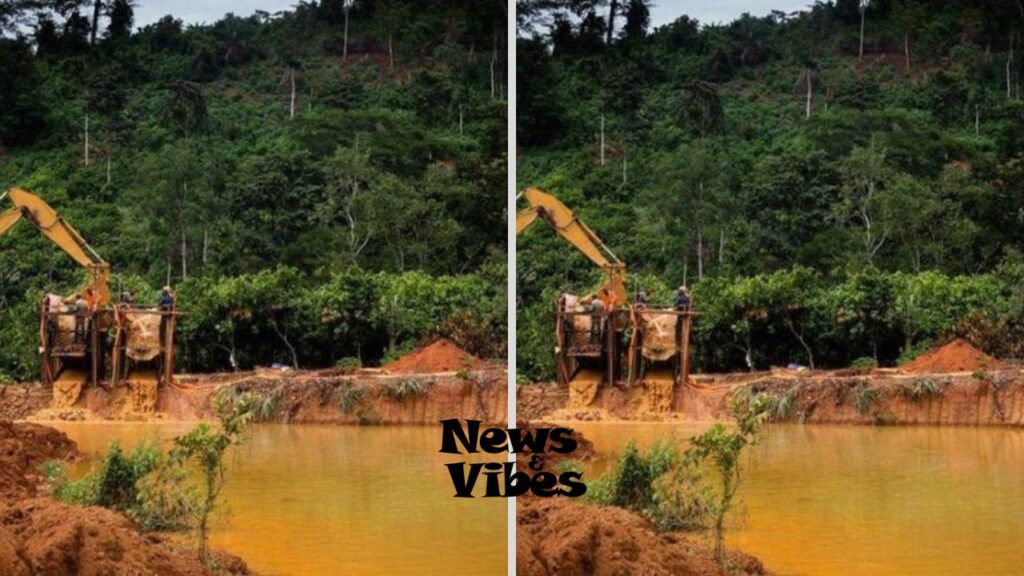Samuel Abu Jinapor, the Minister of Lands and Natural Resources, has publicly refuted allegations that illegal mining activities, commonly known as galamsey, are severely damaging Ghana’s water bodies.
During a recent interview, Jinapor asserted that he has not observed any detrimental effects on his own tap water, suggesting that the widespread concerns about water pollution may be exaggerated.
When questioned about whether he would drink water sourced from areas affected by galamsey, Jinapor confidently stated that his tap water remains uncontaminated and has shown no signs of the issues commonly associated with illegal mining activities.
His remarks, however, have sparked significant backlash from social media users, many of whom expressed their outrage at what they perceive as a disconnect between the government’s narrative and the realities on the ground.
One user voiced their frustration, suggesting that the Minister’s comments were uninformed.
In recent weeks, galamsey has dominated headlines in Ghana, leading to heightened public concern and widespread protests.
Activists and concerned citizens have been vocal about the alarming pollution levels in several of the country’s major rivers, which they argue are a direct result of illegal mining practices.
Despite these claims, government officials, including Jinapor, have consistently downplayed the severity of the situation, framing the issue as politically motivated rather than a genuine environmental crisis.
In a further development, organized labour groups in Ghana have announced plans to launch a strike on October 10th.
The strike is in response to the government’s perceived inaction regarding the galamsey crisis and its impact on the nation’s water resources.
Workers across various sectors are expected to participate, highlighting the growing discontent with government policies and the urgent need for effective solutions to address the environmental challenges posed by illegal mining.
As public scrutiny intensifies, the government faces mounting pressure to take decisive action in mitigating the effects of galamsey on Ghana’s natural resources.
The contrasting perspectives between government officials and the populace underscore the complexities surrounding this contentious issue and raise questions about the future of Ghana’s environmental governance.
Source: NewsandVibes.com

